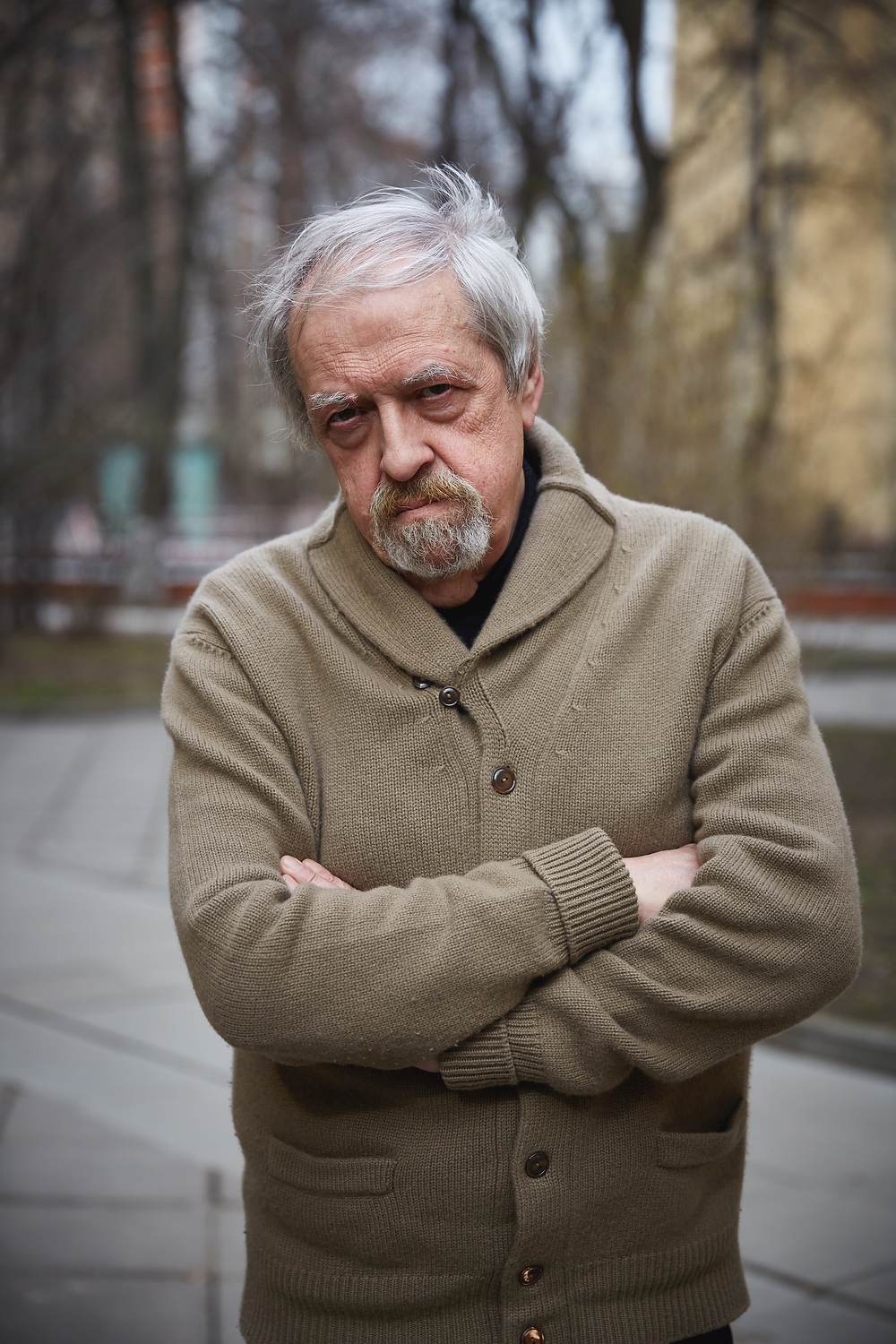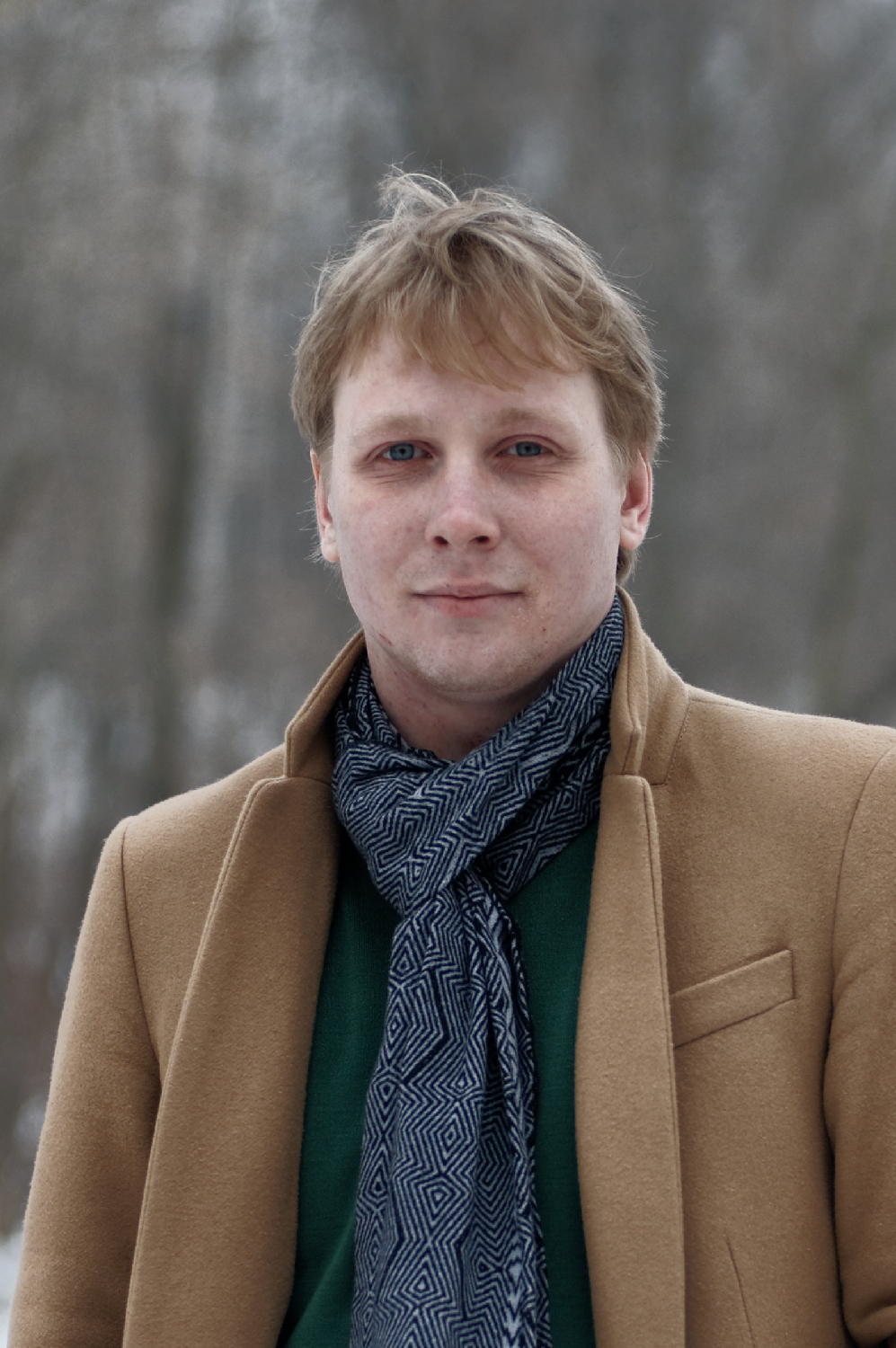The article analyzes the text of Ignatius of Loyola's “Spiritual Diary” in the context of the practice of “Spiritual Exercises”. “Diary Espiritual” by Ignatius of Loyola is usually called two small notebooks with daily records, in which he recorded what happened in his soul. In the first part of the article the authors focus on the “Spiritual Exercises” – the most famous and influential work of Ignatius of Loyola. The structure of the “Spiritual exercises” (several levels of expression and several levels of communication) is analyzed. Analyzing the text of the “Spiritual Diary” by Ignatius of Loyola, the authors consider the entries that were framed, or were marked off by Ignatius (the period from 18 to 27 February 1544). The significance of these records is revealed to the reader through Loyola's previous personal experience. The authors present a hypothesis of intuitive understanding by Ignatius of the integrity of St. Trinity, which is confirmed by a change in the opening images. The psychological evolution of Ignatius of Loyola, which is reflected in the Spiritual Diary, is reconstructed in the article. The authors come to the conclusion that the Mass of February 21 represents a point of change in the personal mystic path of Ignatius of Loyola, which became possible due to the achievement of Ignatius's complete passivity of will.
Key words: Ignatius of Loyola, «Spiritual Exercises», «Spiritual Diary», will, metaphor, prayer, images, St. Trinity.
DOI: 10.22250/2072-8662.2018.3.128-139
About the author
 |
Nikolay L. Muskhelishvili – Doctor of Sciences (Psychology), professor at the Center for the Study of Religion, Russian State University for the Humanities, 2013-today; Miusskaya Sq. 6, Moscow, GSP-3, Russia, 125993; This email address is being protected from spambots. You need JavaScript enabled to view it. |
 |
Mikhail M. Bazlev – Master in Religious Studies, Postgraduate student at the Center for the Study of Religion, Russian State University for the Humanities; Miusskaya Sq. 6, Moscow, GSP-3, Russia, 125993; This email address is being protected from spambots. You need JavaScript enabled to view it. |






